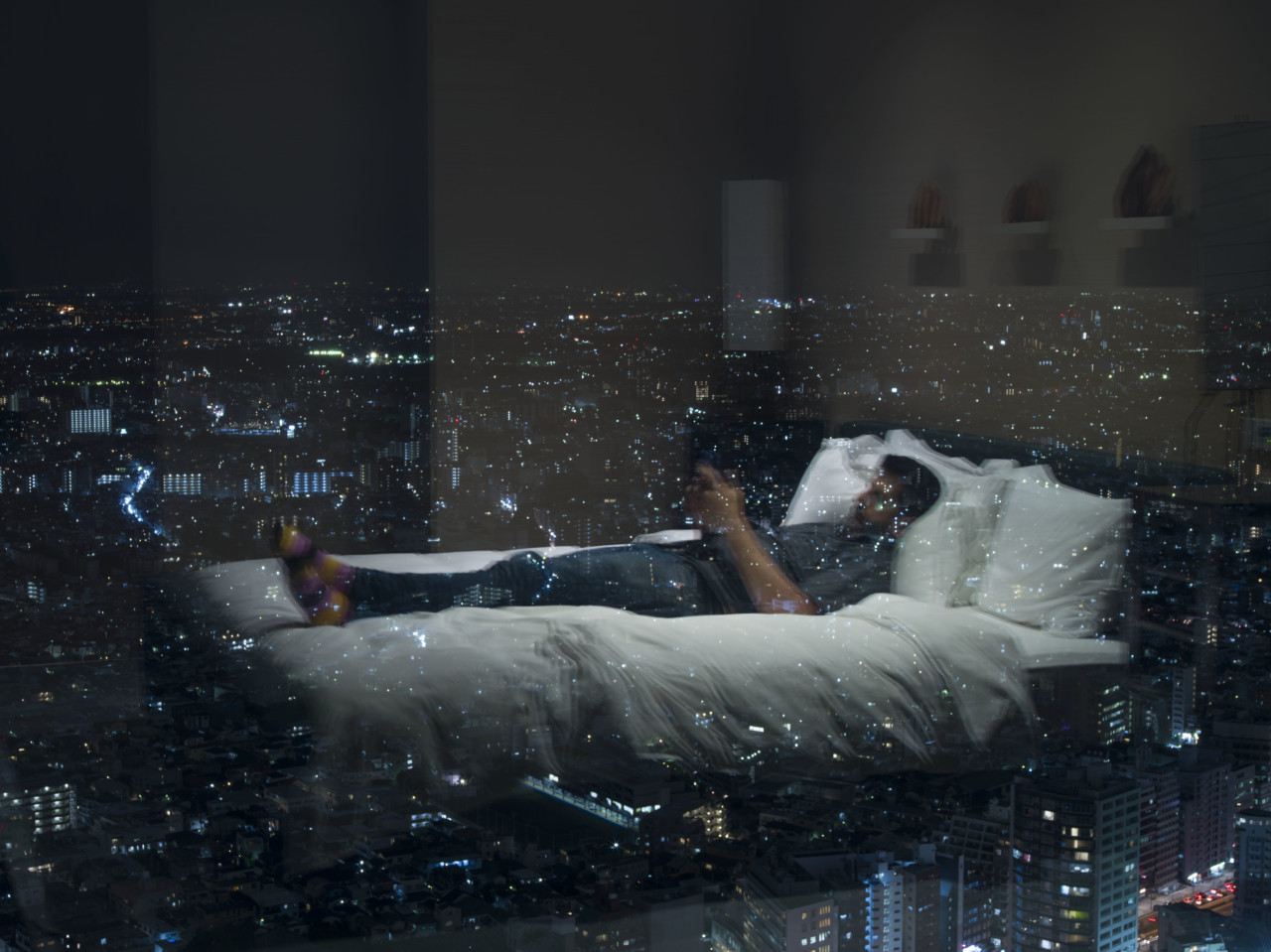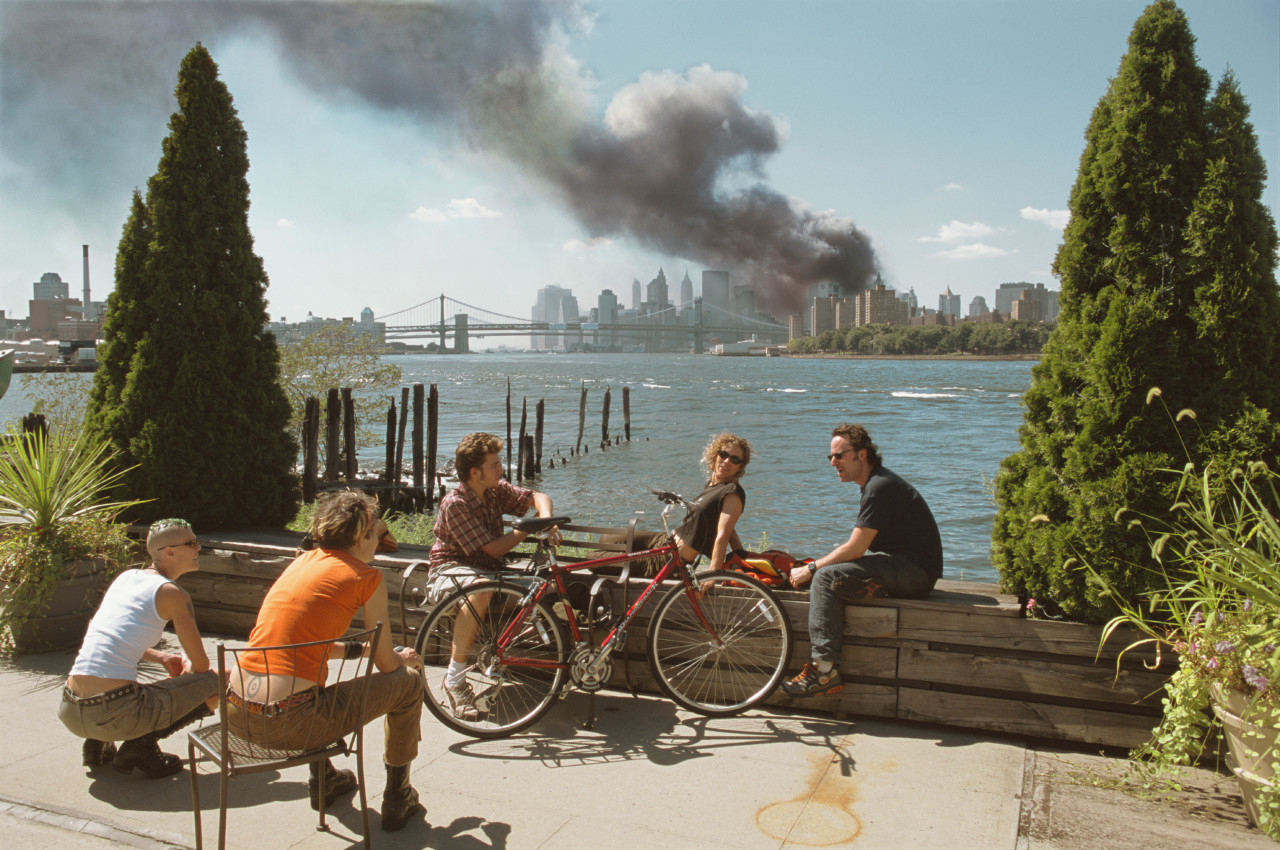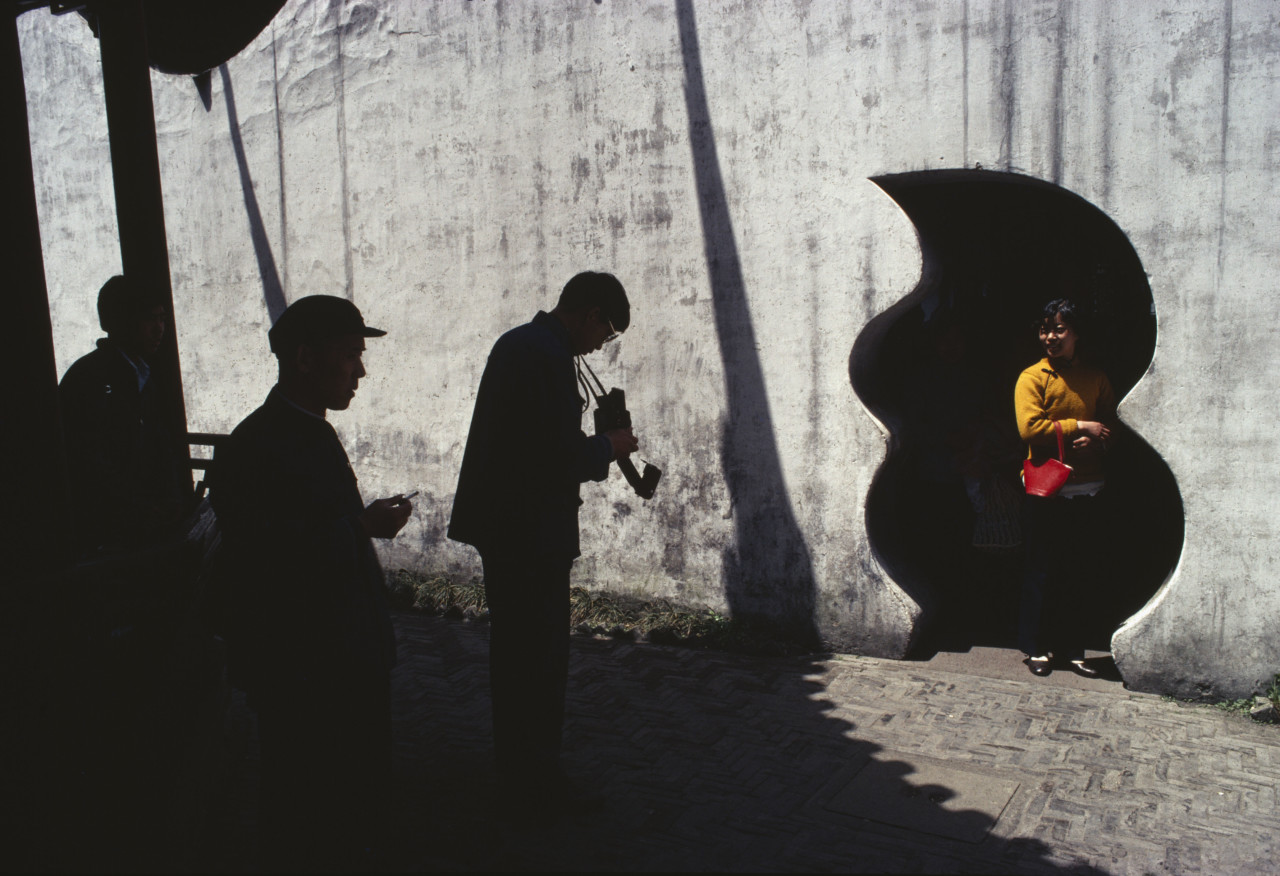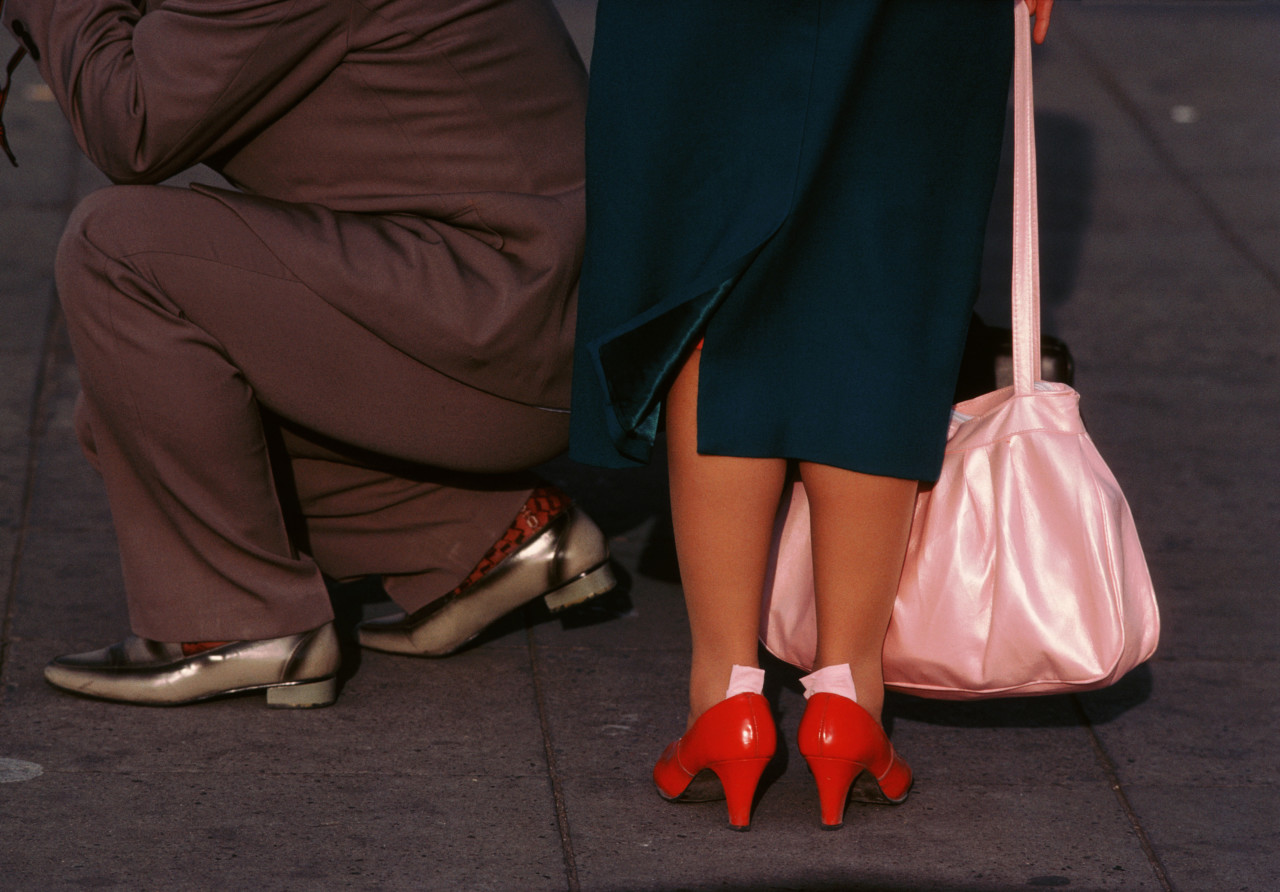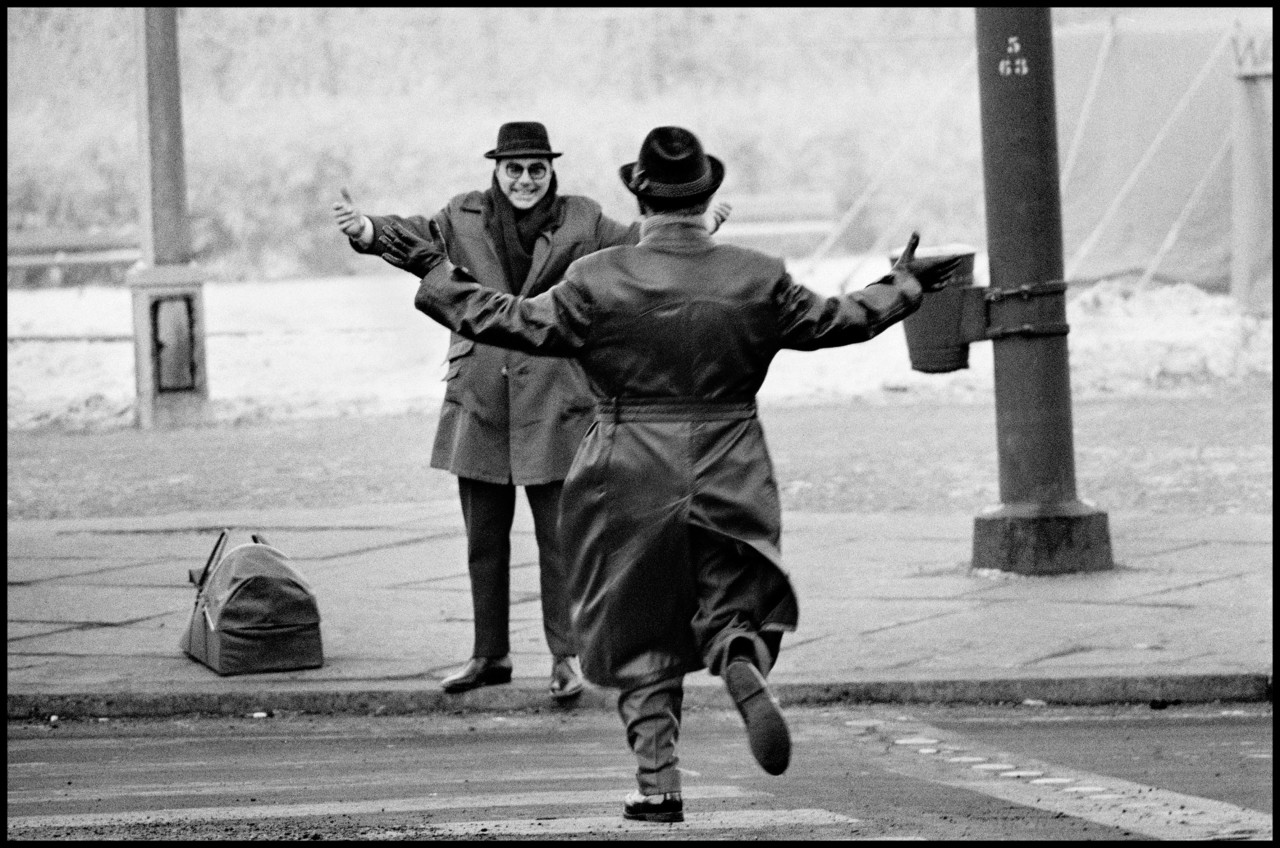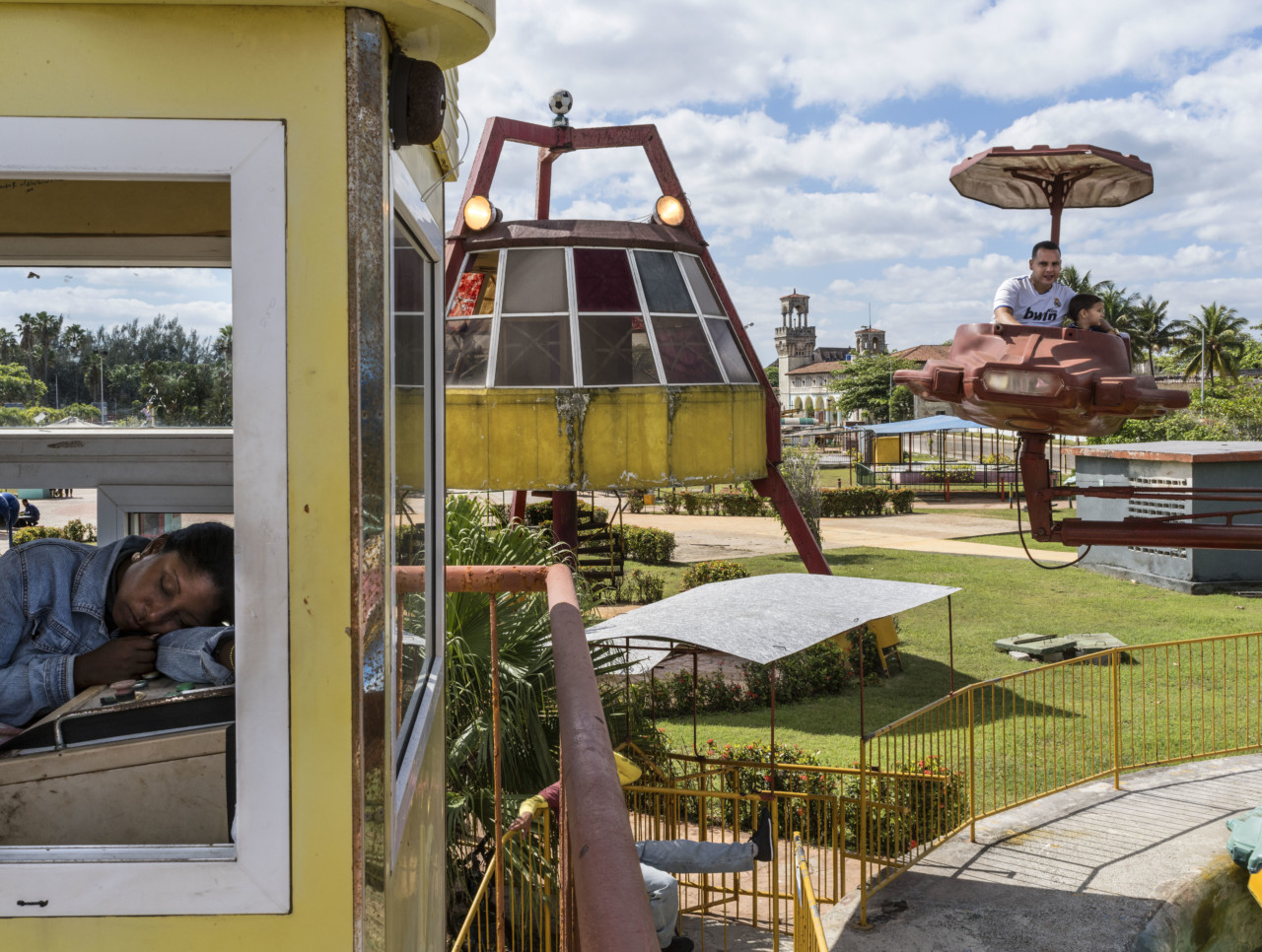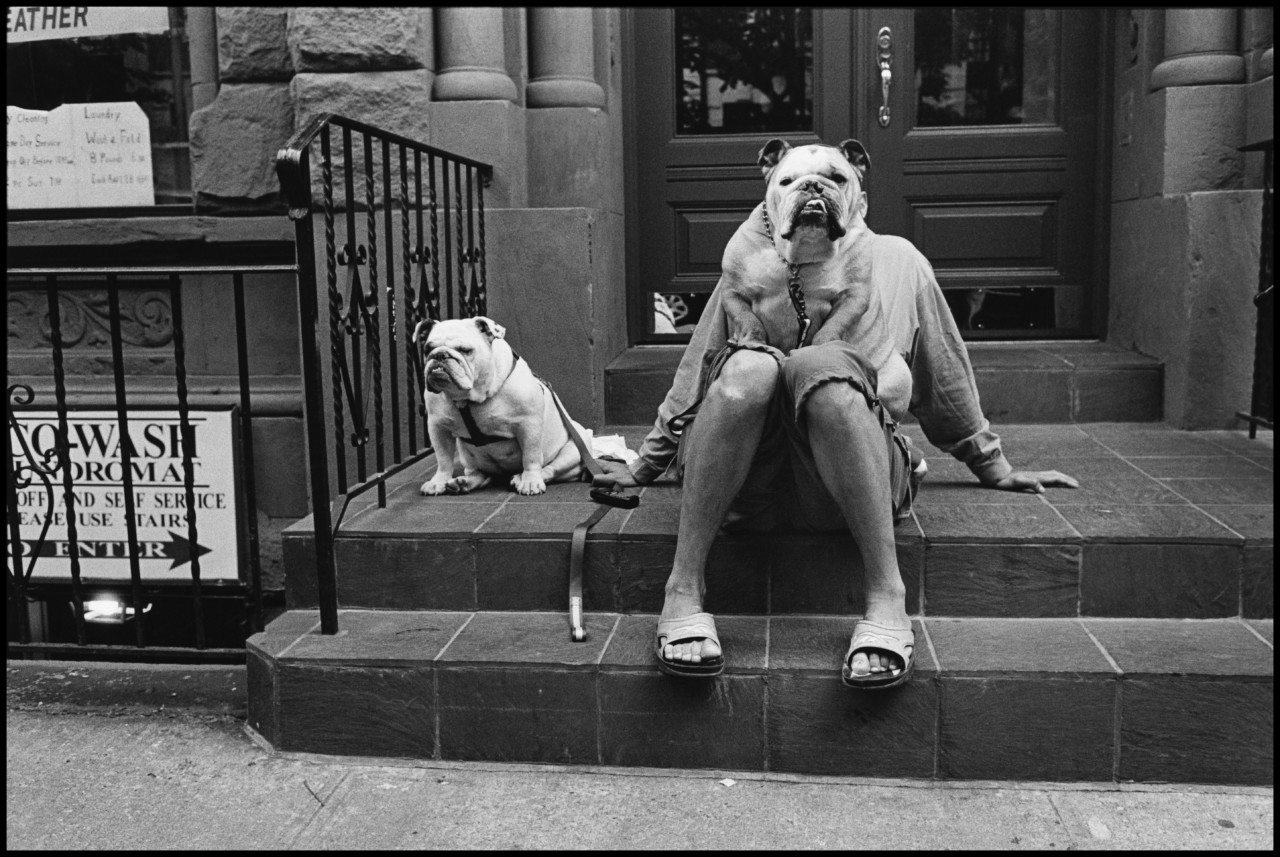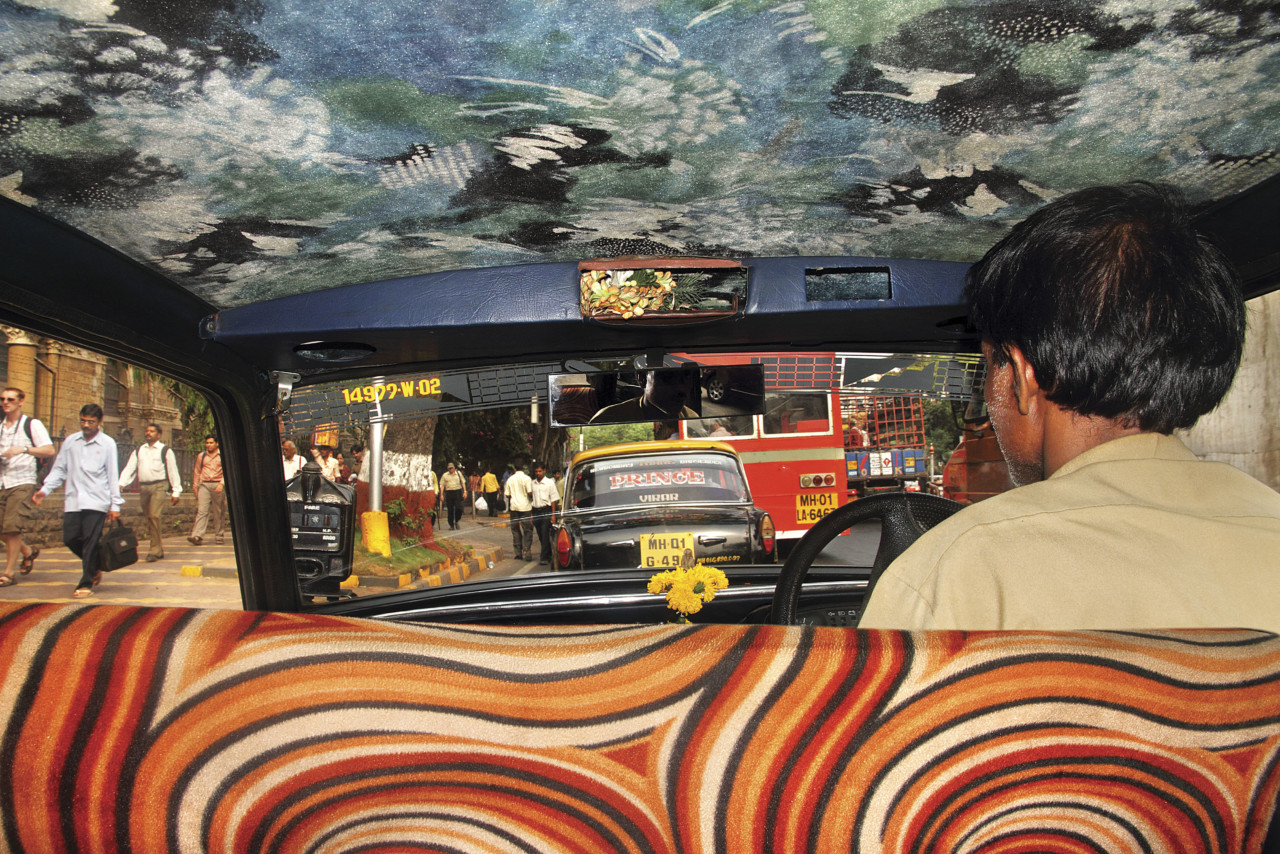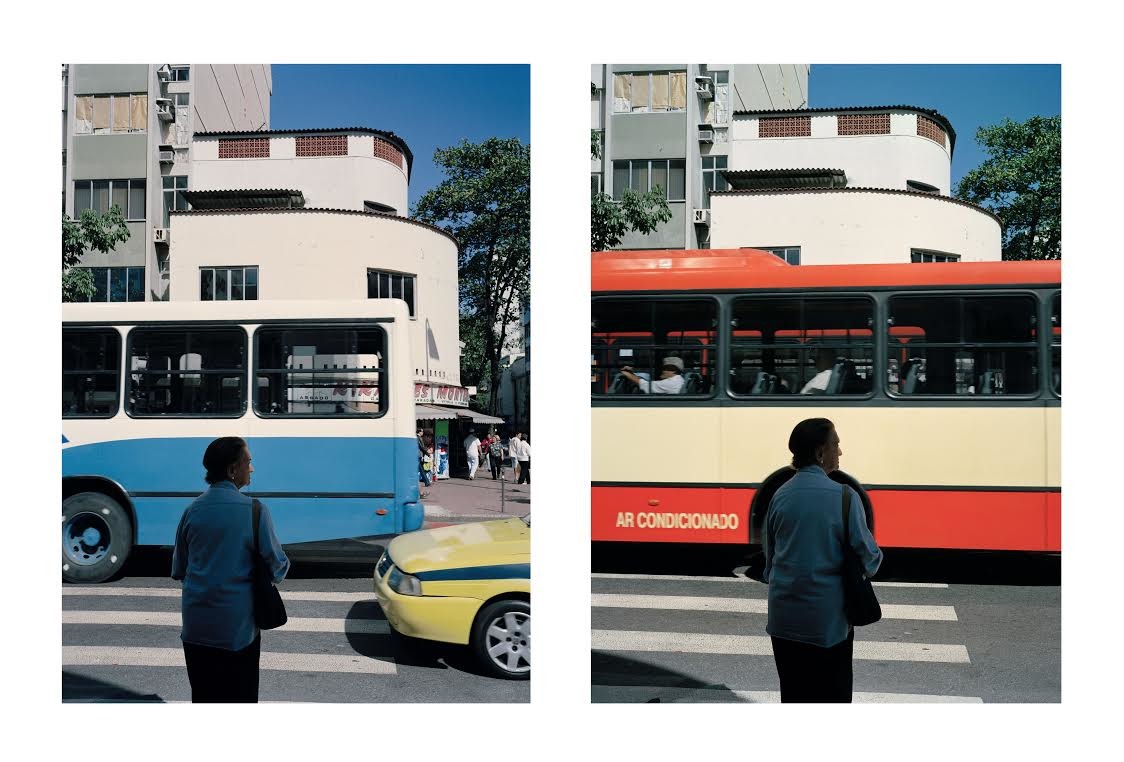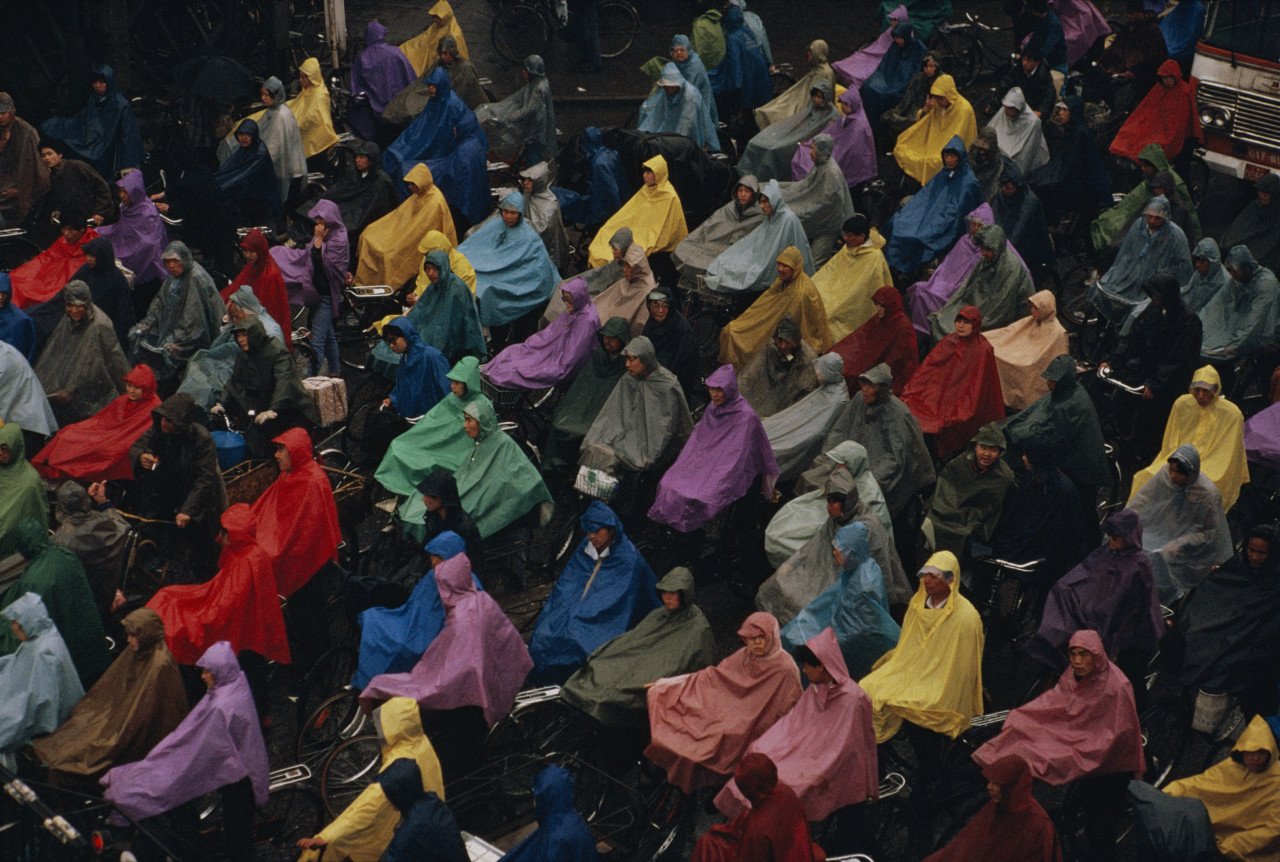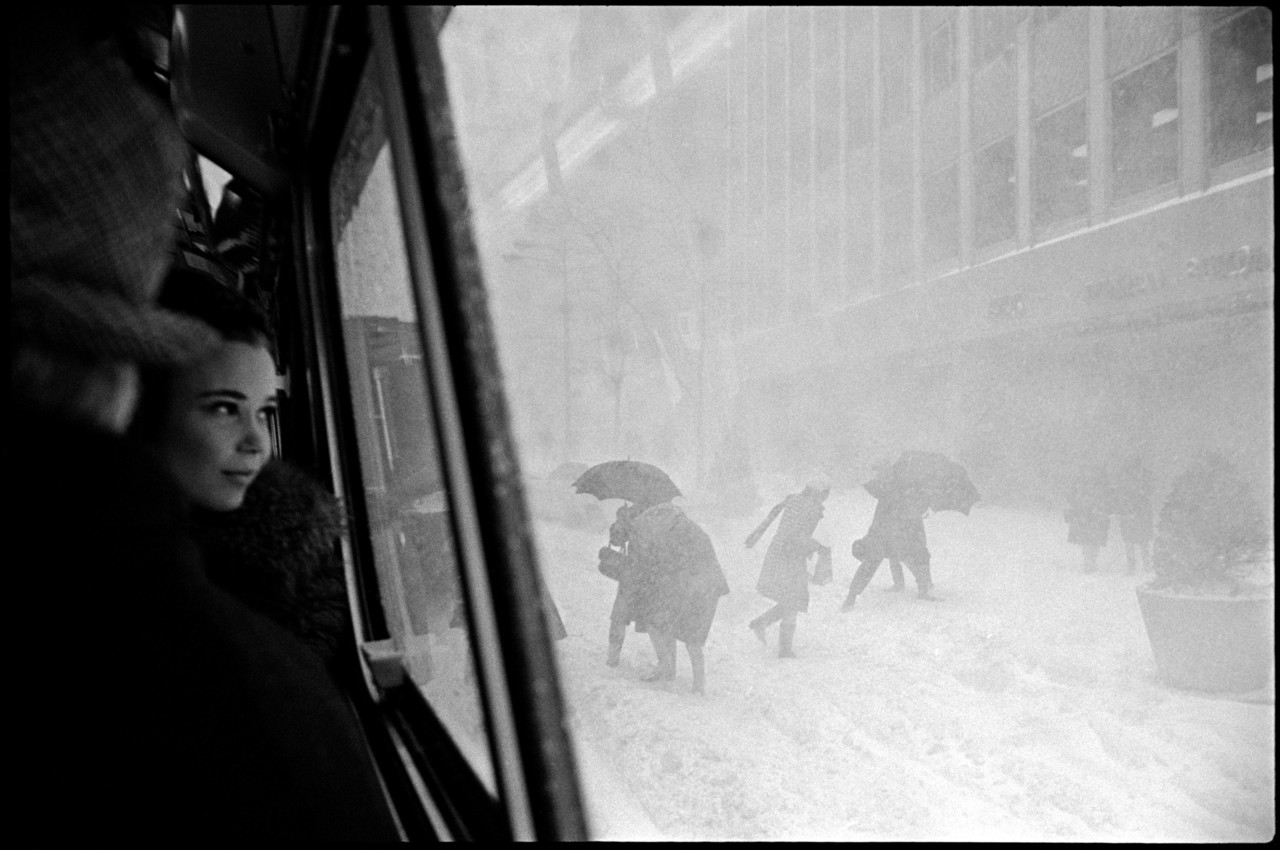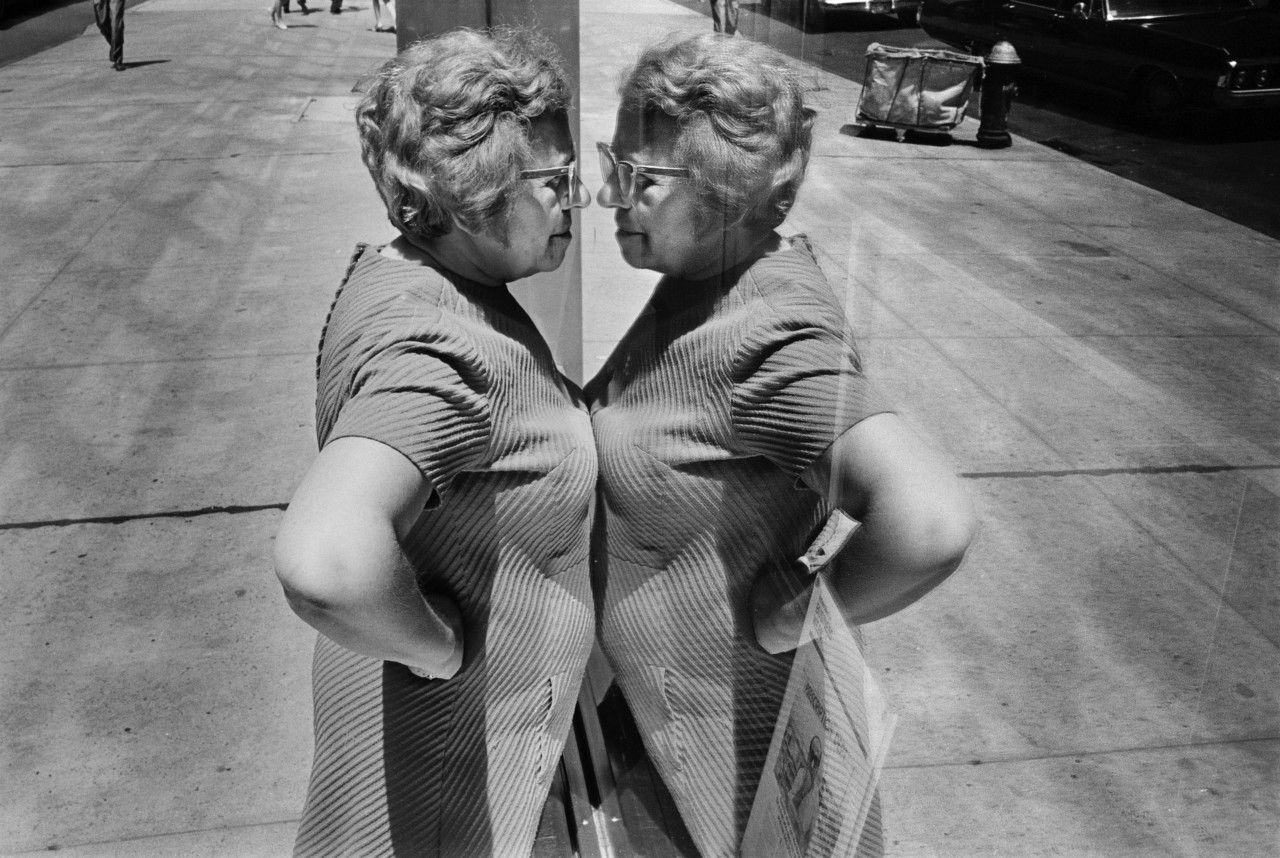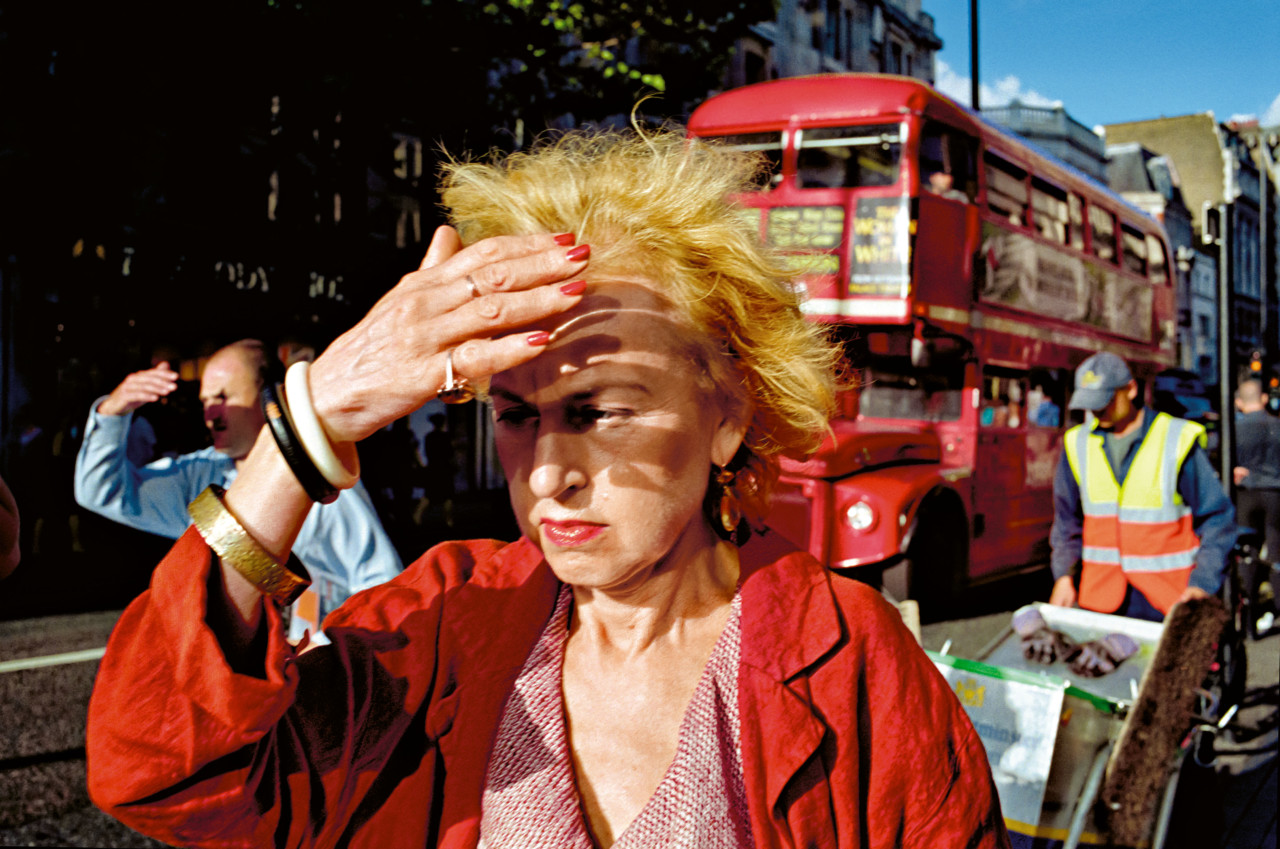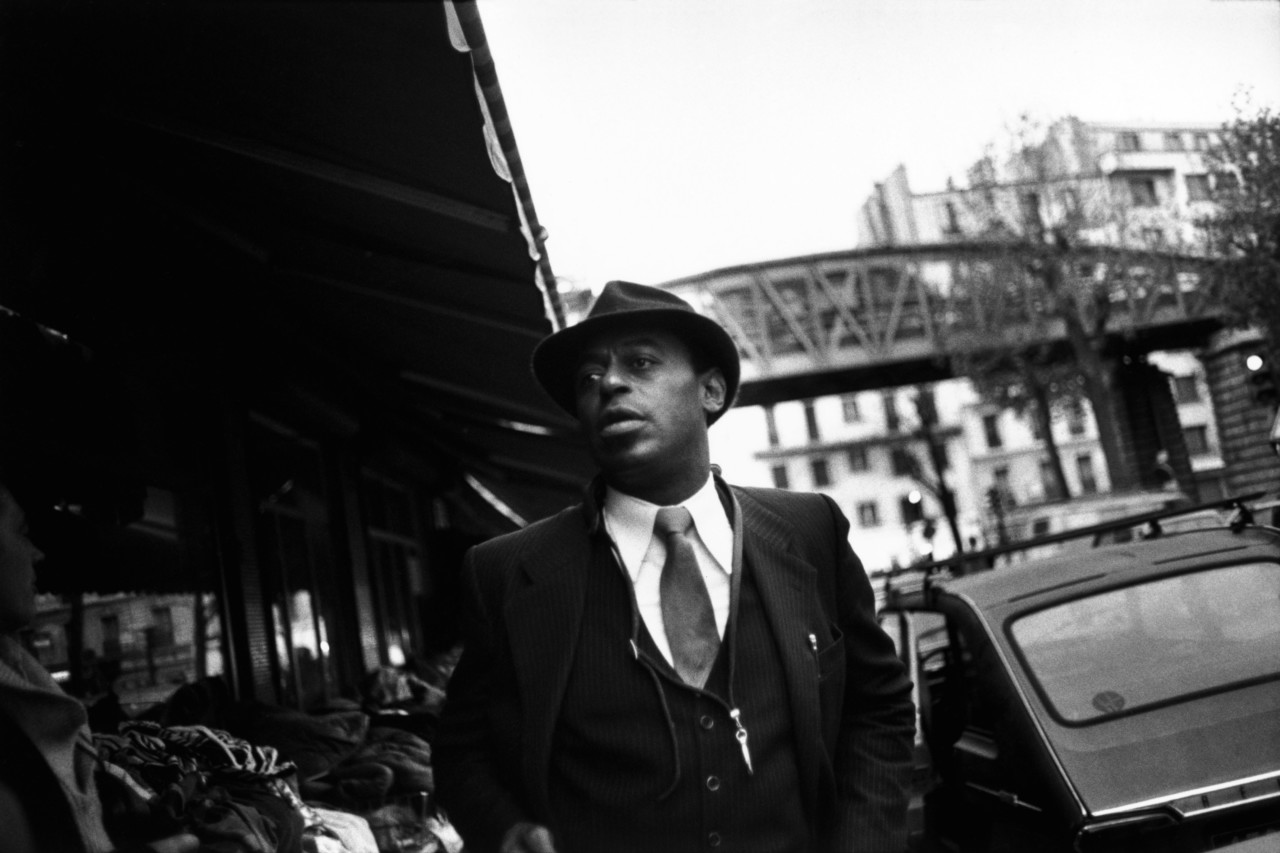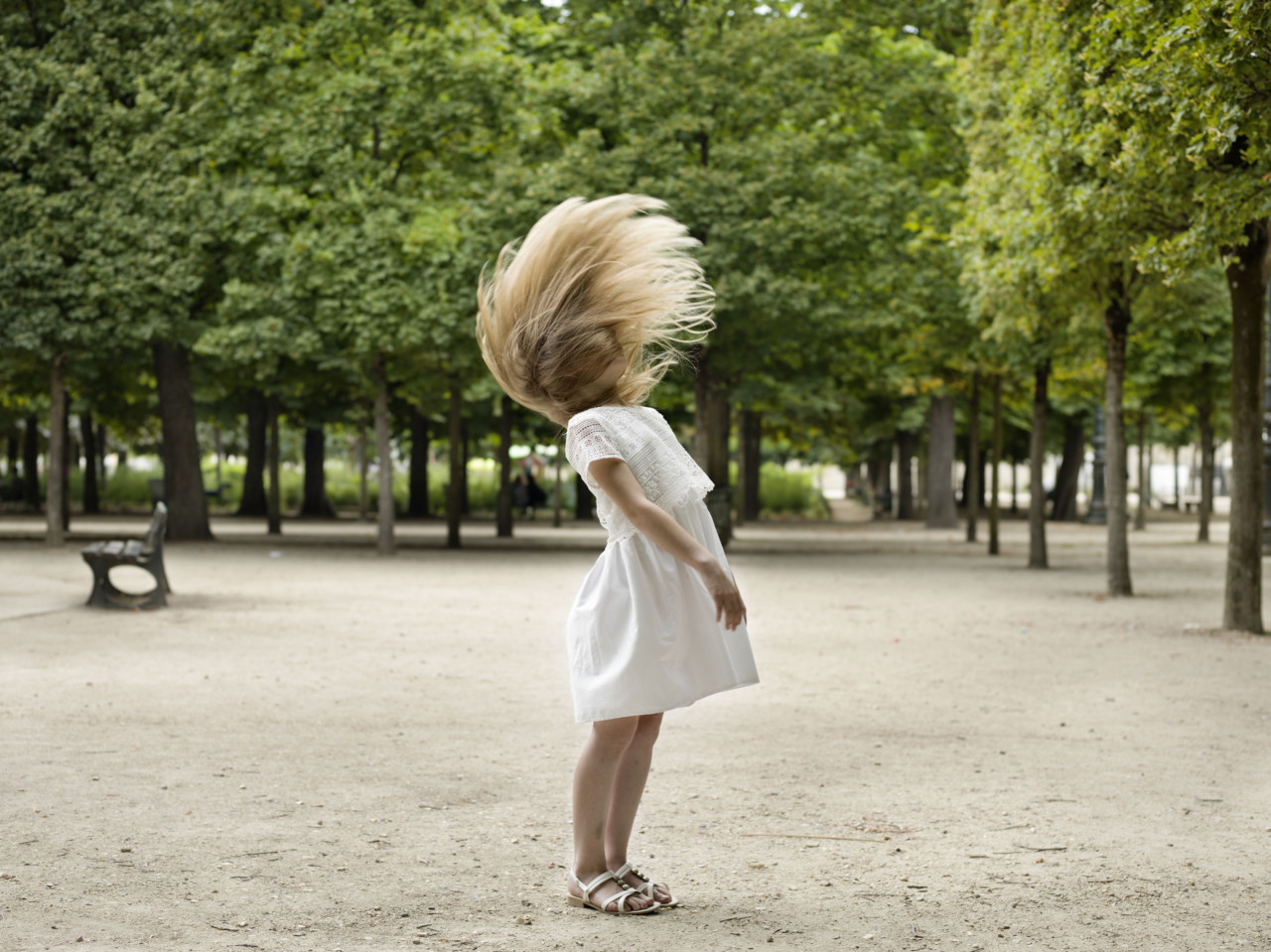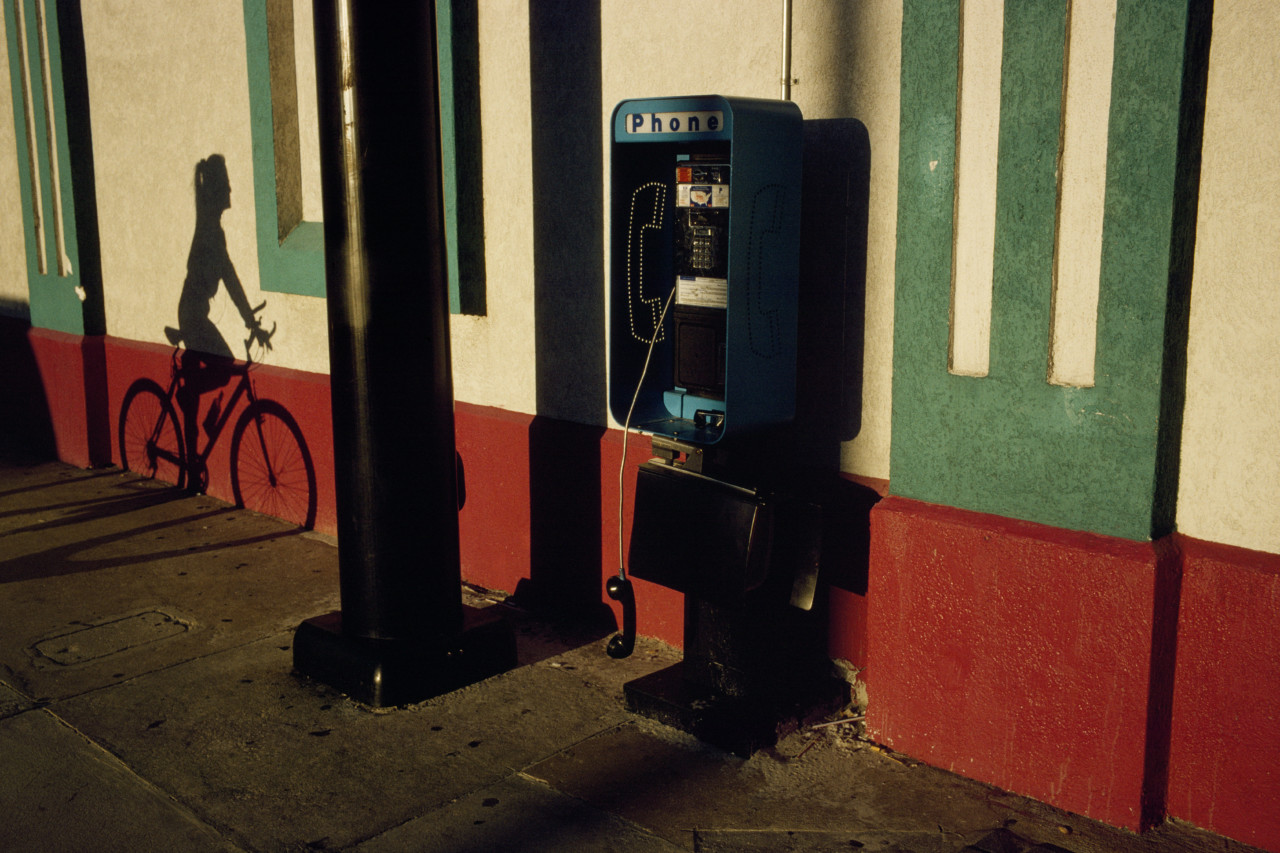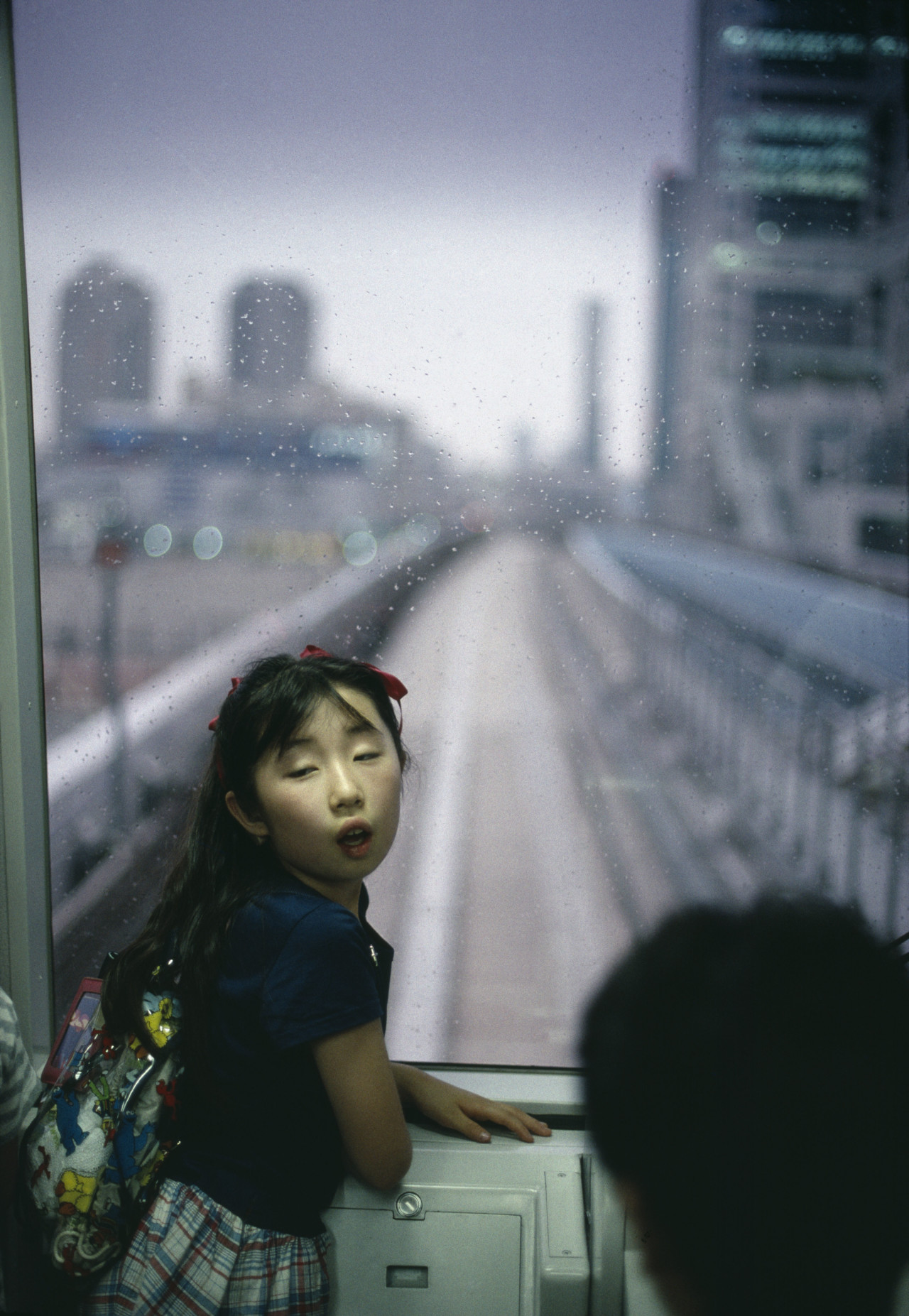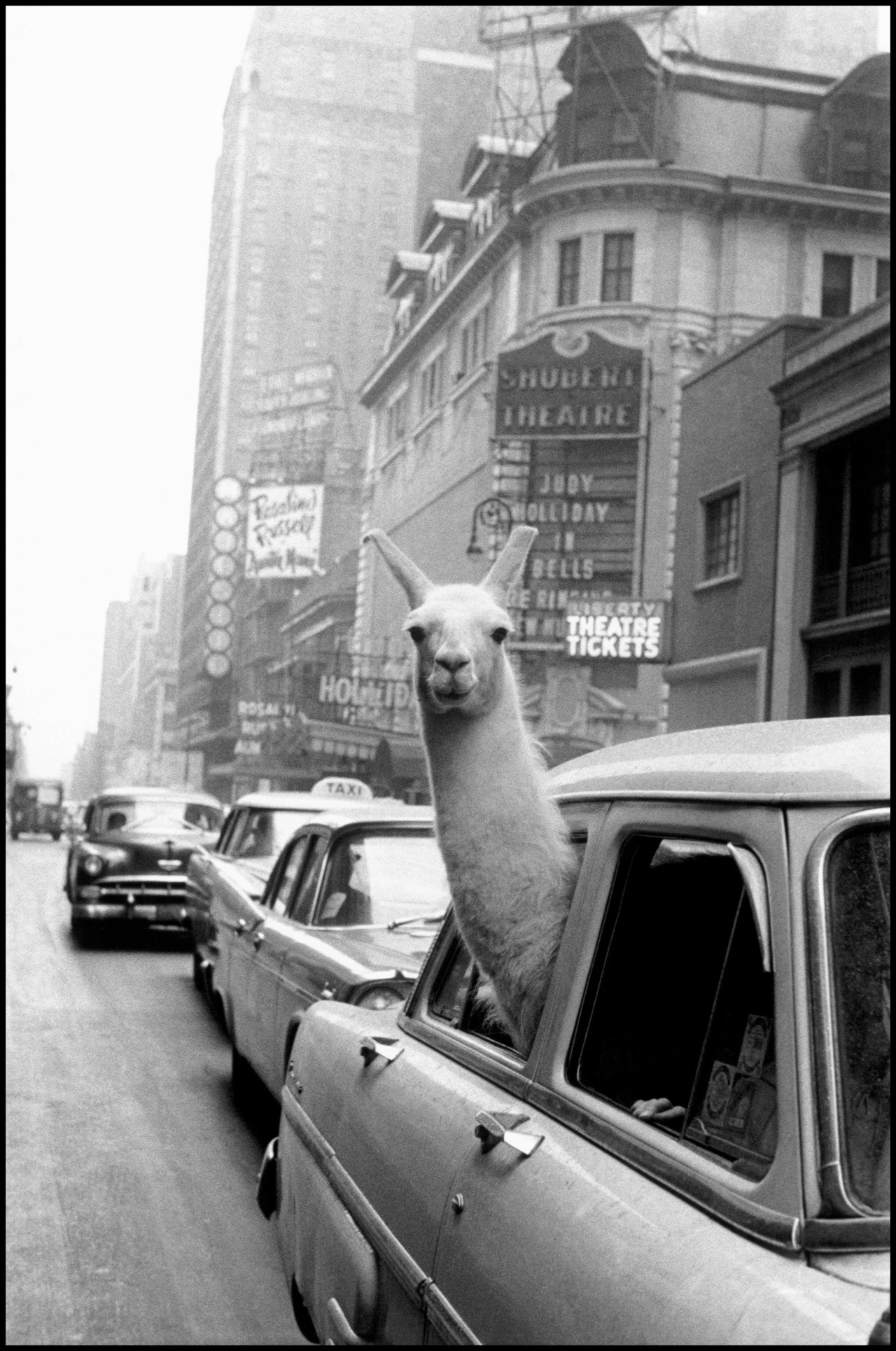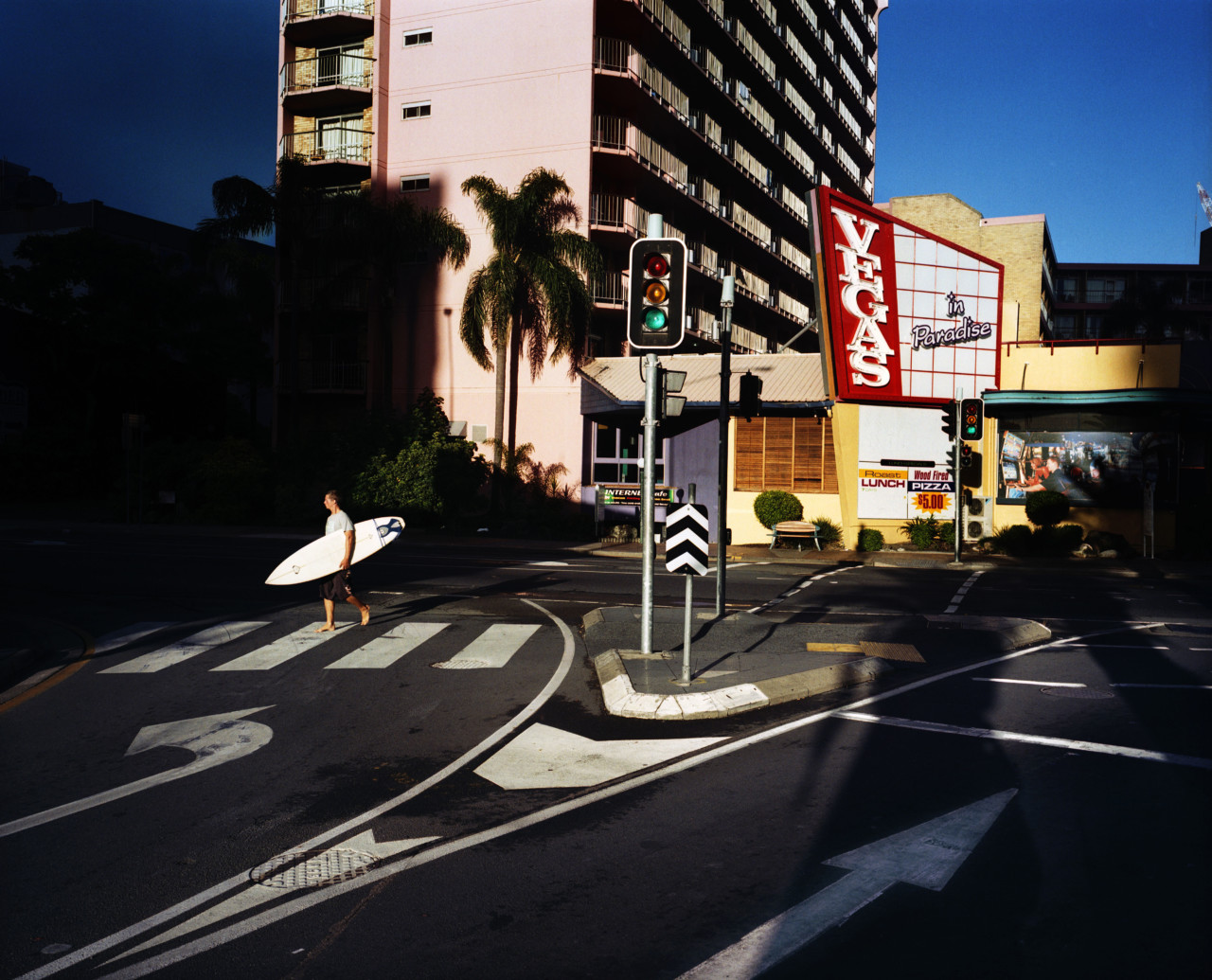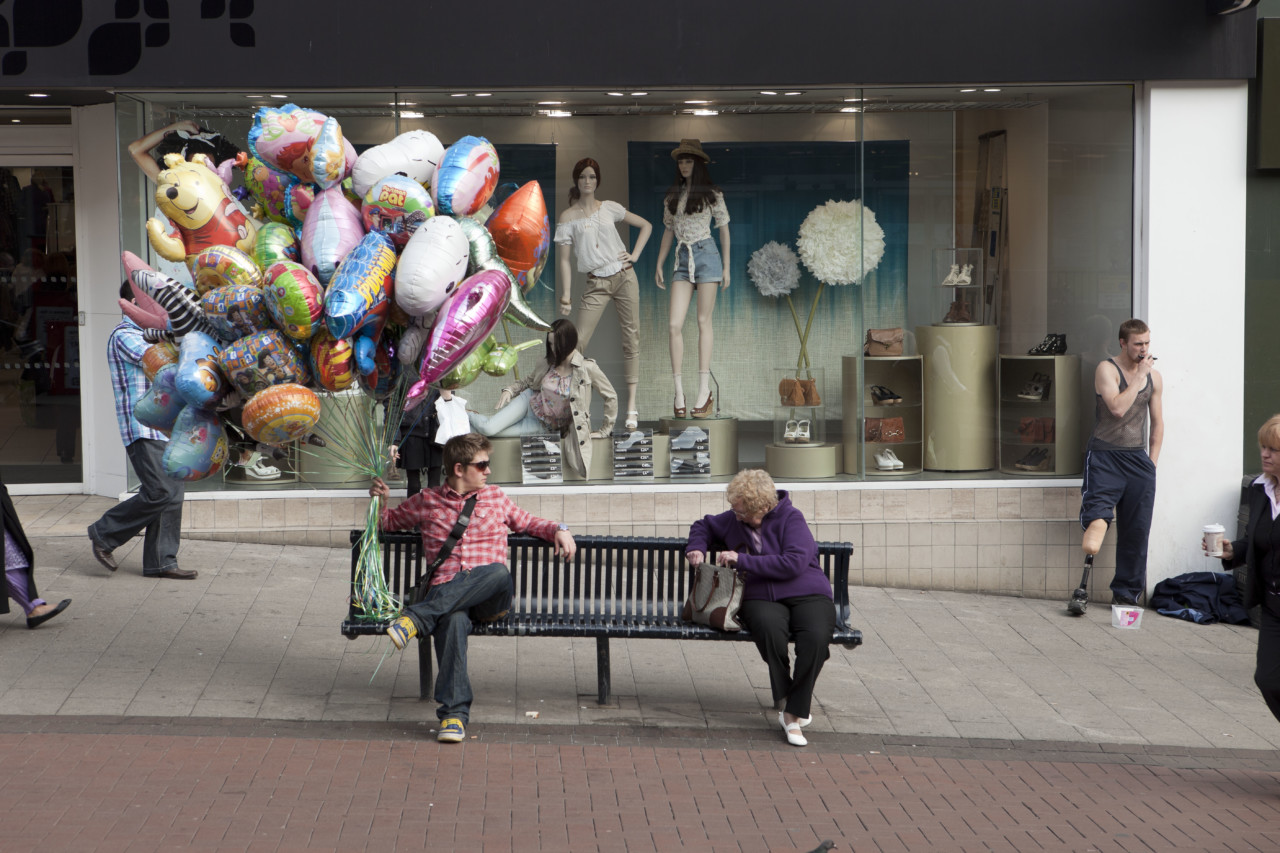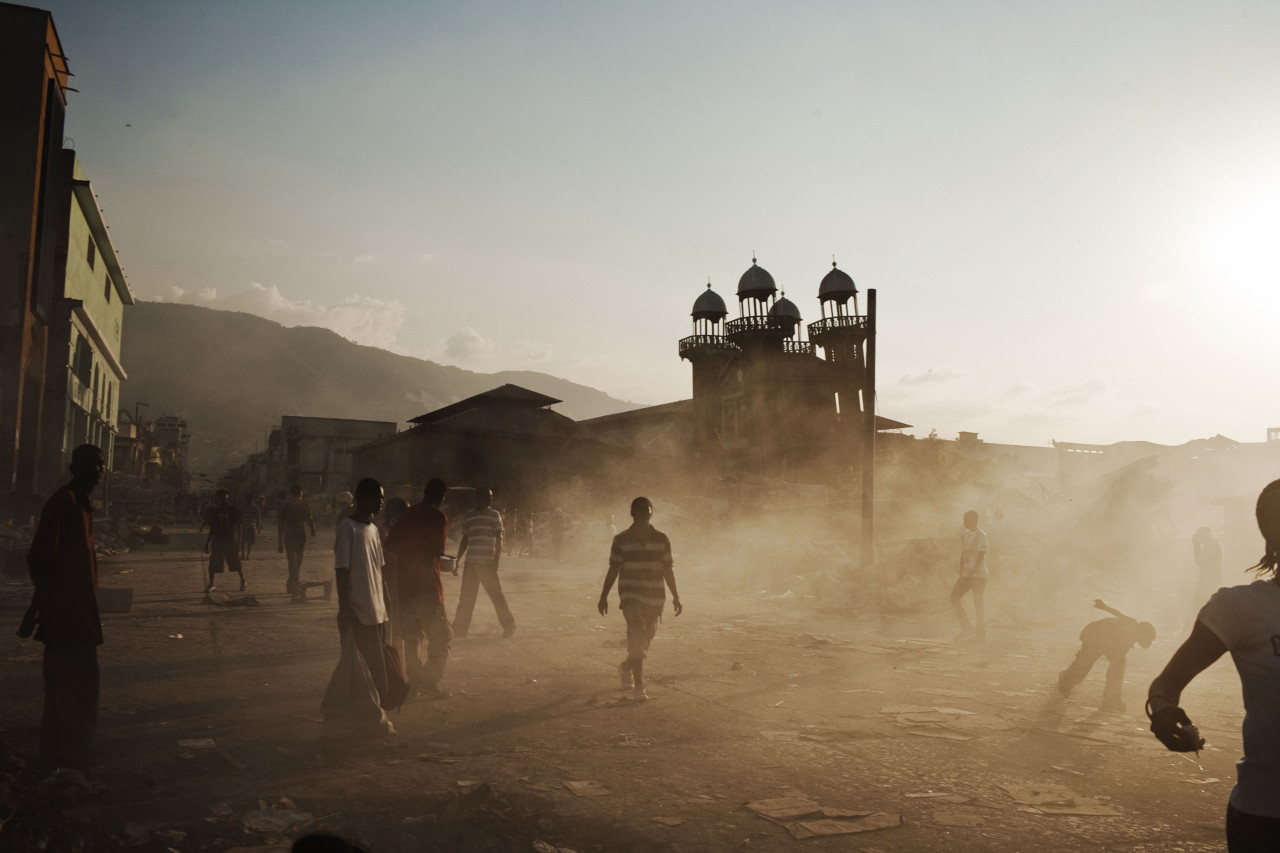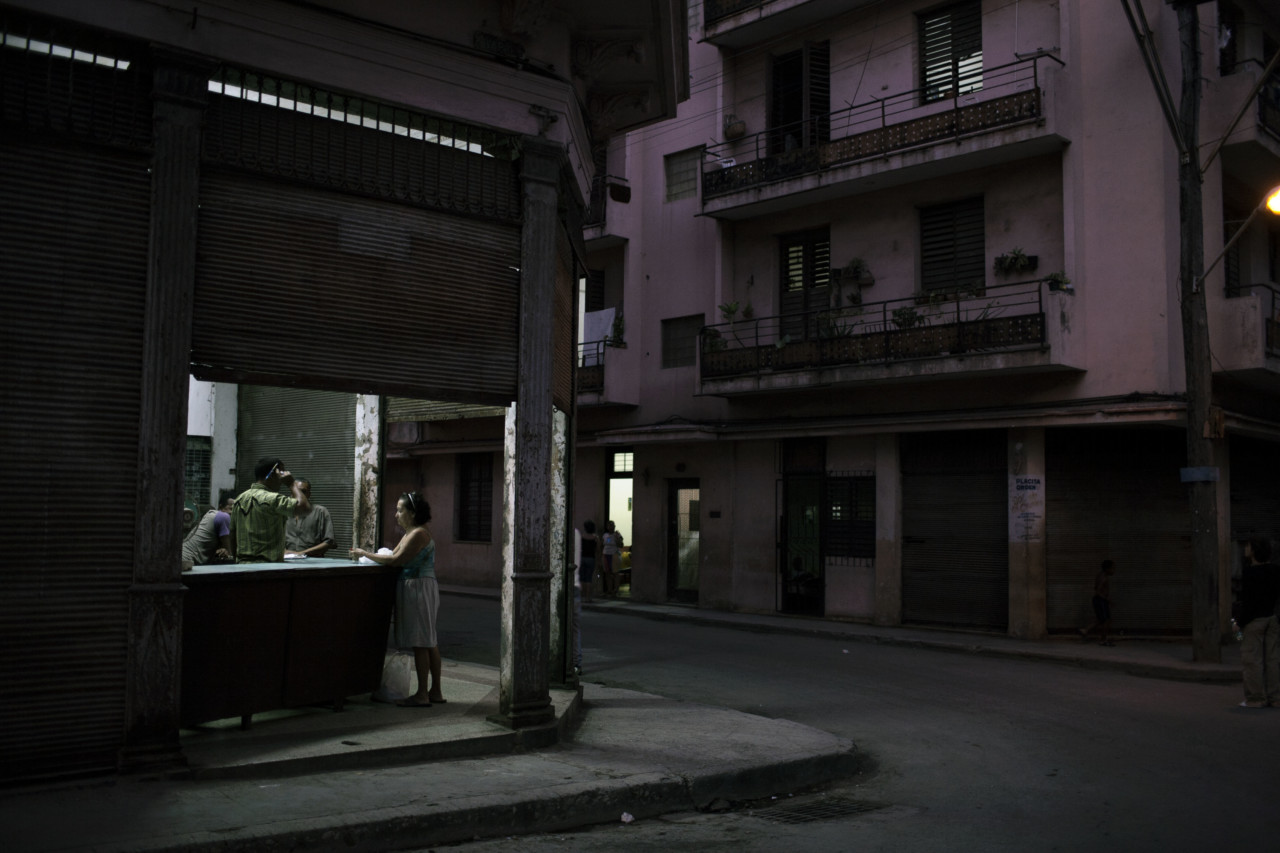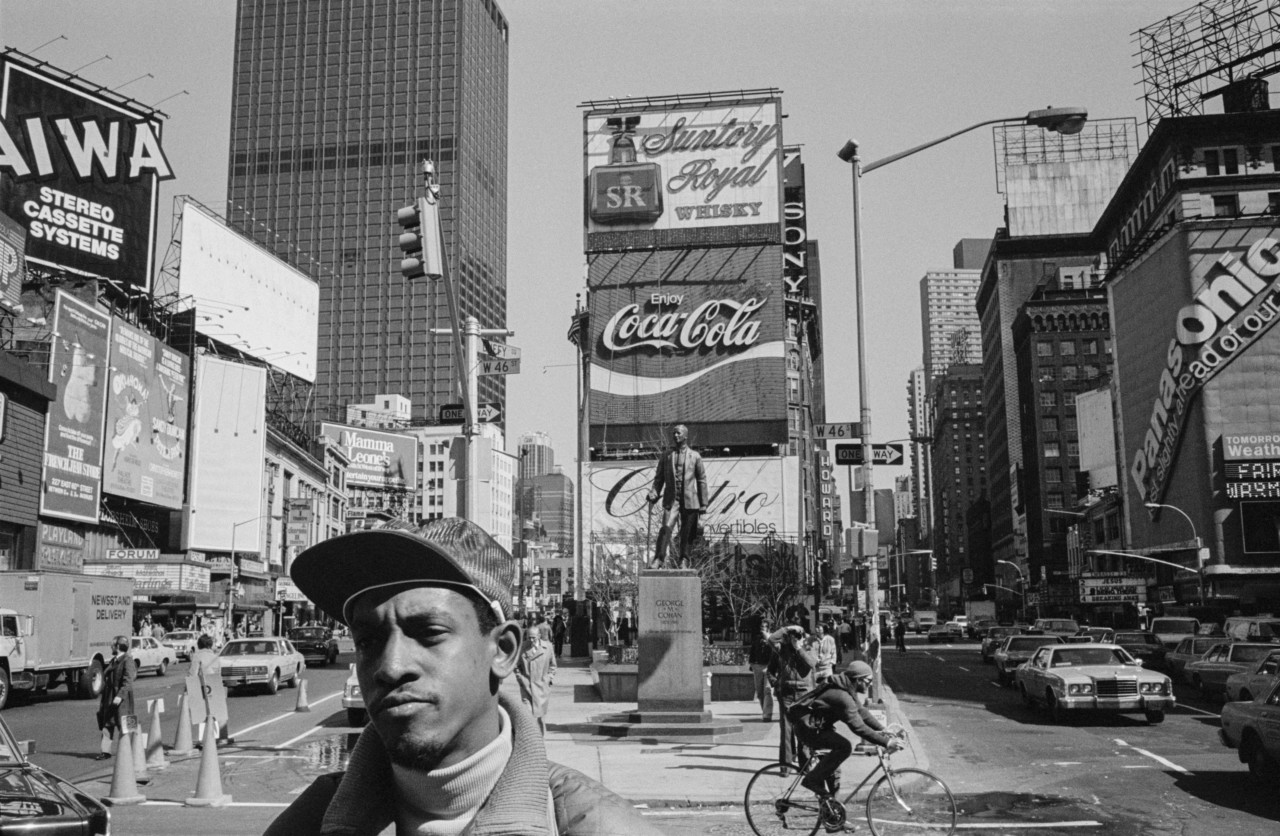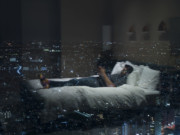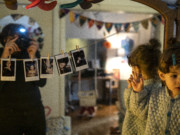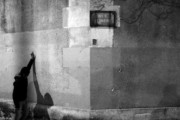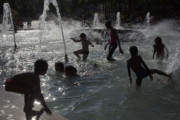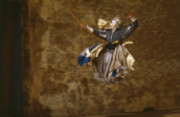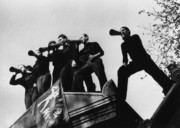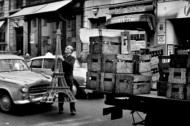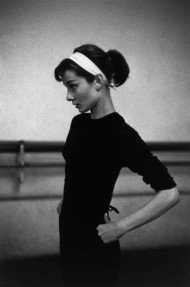Stories of the City: A Magnum exhibition on the Paris Metro
Magnum photographers discuss the significance of the city as their work is rolled out across the Paris metro in a huge public exhibition
Magnum Photographers
“I’ve always seen cities as somewhat exotic and remote from my experience,” says Alec Soth, who has never lived in a major city. For him, and others like him, visiting a city can be an alien and overwhelming experience. “Being born in a small and very quiet town, I experience mixed feelings in big cities, I feel a sense of fascination for megacities as well as rejection, and sometimes anxiety. I think that this image evokes my vision of the city as a voluntary confinement with the others – loneliness,” concurs Jérôme Sessini.
To mark Magnum’s 70th anniversary, RATP, which runs the famous Paris metro system, is hosting an unprecedented exhibition across their territory of the city. From February 28 to June 30 2017, 174 images by 91 photographers will be displayed across 11 Metro stations. The diverse curation explores the city in all its guises and is showcased to its diverse audience in its public spaces.
Some photographers muse on the nature of city life itself: “The city is a place of intense concentration, crawling with people,” says Richard Kalvar; “For a few hours, for a few days, I was an inhabitant, albeit a slightly peculiar one. I remained a stranger, but I was adopted and protected by the crowd,” says Raymond Depardon. Or Guy Le Querrec, who demonstrates the way a city creates “music that the eye catches,” describing how his work captures that sound: “You can feel the presence of the city in the background, you can hear the noise of the city and the metallic roar of the aerial metro.”
Others still consider the unique individual personalities that cities seem to have: “Bollywood creates dreams for everybody – Mumbai is known as city of dreams and dreams for everyone. Even while travelling in a taxi – the interior decor has such contrasting patterns and colors you wonder – the dreams continue,” says Raghu Rai of his image taken inside a Mumbai taxi; while Carl de Keyzer captures the mood of communist Cuba: “the end of ideology, a tired nation waiting for something new.“
Some work becomes emblematic of the photographer’s practice: “Burri goes beyond particular events and cuts to the core of human life. Although he traveled to all the conflict spots in the world, his images are not violent. They show modern life, but its abuses, pains and triumphs are all sublimated under the concept of the human condition,” wrote Rene Burri’s biographer Corinne Diserens.
The slideshow above is a small representation of the images showing on the Paris Metro, and are presented here with the thoughts of the photographer or their estates.


